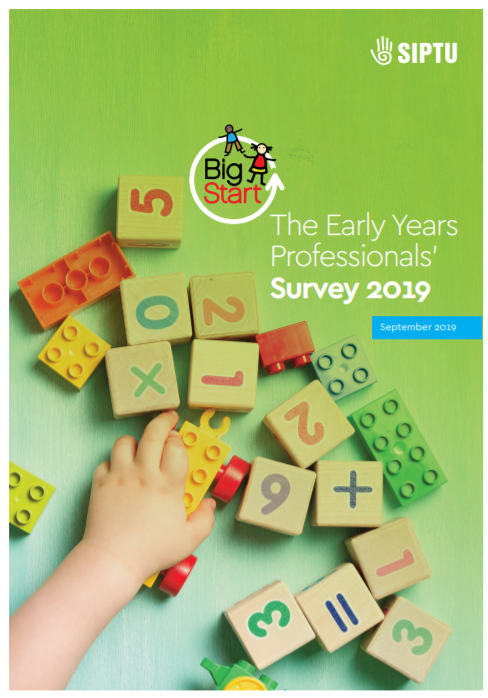The State of Early Childhood: Can Connecticut's Struggling Family Child Care Providers Fill a 50,000 Child Care Gap Amidst the Coronavirus Recession?

Connecticut Voices for Children released a second crisis response report, as part of a series of reports, that outlines what the state can do to support children and families during and after the COVID-19 crisis. The report, entitled “The State of Early Childhood: Can Connecticut’s Struggling Family Child Care Providers Fill a 50,000 Child Care Gap Amidst the Coronavirus Recession?” examines the status of Connecticut’s child care industry, specifically family child care providers, before the coronavirus pandemic and finds the state continues to see the following: a shortage of child care slots, high child care costs that are not affordable to most families, and a continuing divide between preschool experience between higher- and lower-income towns. The report explores responses to the pandemic that can help state policymakers create a stronger early childhood environment necessary for rebuilding Connecticut’s economy.
Authors: Year of Publication:2020










